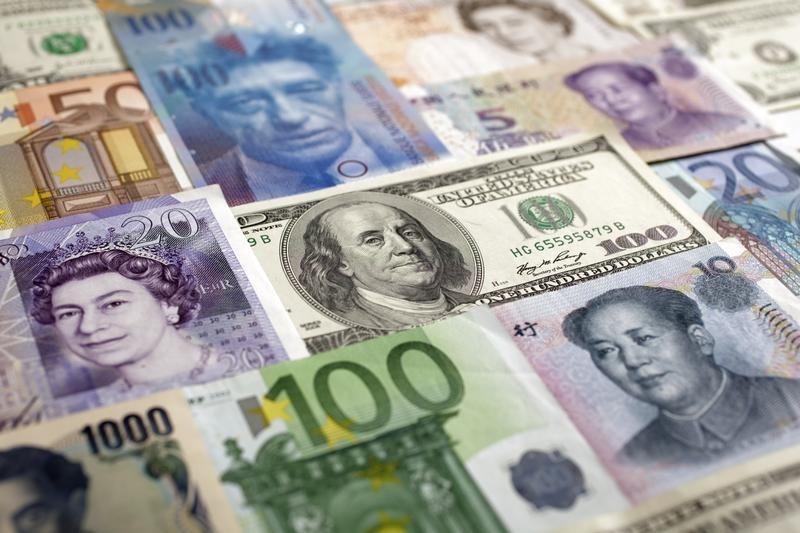(Bloomberg) -- Federal Reserve Chairman Jerome Powell said more fiscal policy will be needed to provide support to the economic recovery, which is at risk of slowing as coronavirus cases spike in several states.
Powell praised Congress for earlier, strong fiscal action, saying the money was “well spent” because it helped keep businesses open and consumers in their homes during what he described as “the biggest shock” to growth in living memory.
“There will be a need both for more support from us and for more fiscal policy,” he said at a press conference following the Federal Open Market Committee’s decision to leave rates unchanged.
The Fed chairman said the path forward is “extraordinarily uncertain,” while warning that the “increase in virus cases and the renewed measures to control it are starting to weigh on economic activity.”
Fine Line
“Some measures of consumer spending, based on debit card and credit card use have moved down since late June, while recent labor-market indicators point to a slowing in job growth especially in smaller businesses,” he said.
Powell has walked a fine line with Congress, trying to avoid specific spending recommendations while advocating for an economy that remains deeply hobbled after 22 million Americans lost their jobs in the pandemic shutdown.
At the press conference, he avoided questions on what to do with funds, such as remaining monies from the first round of stimulus that haven’t been fully used by Fed programs. The Fed chairman did single out industries such as accommodation, entertainment and restaurants where social distancing is difficult, saying jobs in those industries may not come back so long as the virus remains a risk.
“Even if the reopening goes well -- and many, many people go back to work -- it is still going to take a fairly long time for parts of the economy that involve lots of people getting together in close proximity” to recover, he said. “Those people are going to need support. I can’t say what the exact level is going to be, it is not our role.”
Lawmakers are wrangling over fresh support for the U.S. economy, with earlier stimulus measures beginning to run dry amid a surge in coronavirus infections and deaths. The final payments of supplemental unemployment insurance expire this week and federal protections against evictions expired July 25, while mortgage foreclosures also are ending with no agreement in sight.
President Donald Trump said earlier Wednesday that Republicans and Democrats aren’t close to resolving their differences over a coronavirus stimulus package, and that Congress may need to pass some stopgap measures to prevent aid from running out.
Democrat House Speaker Nancy Pelosi has rejected the idea of passing a stimulus bill piecemeal and Republican Senate Majority Leader Mitch McConnell has said he wants Congress to act on a comprehensive plan. Senate Republicans unveiled a $1 trillion stimulus package on Monday that is a far cry from the $3.5 trillion proposal that Democrats have put on the table.
Fed officials extended most of their emergency lending programs through the end of the year, and continued to signal today that the benchmark lending rate will be left at zero until the economy is on track to achieve its goals of stable prices and maximum employment.
©2020 Bloomberg L.P.

